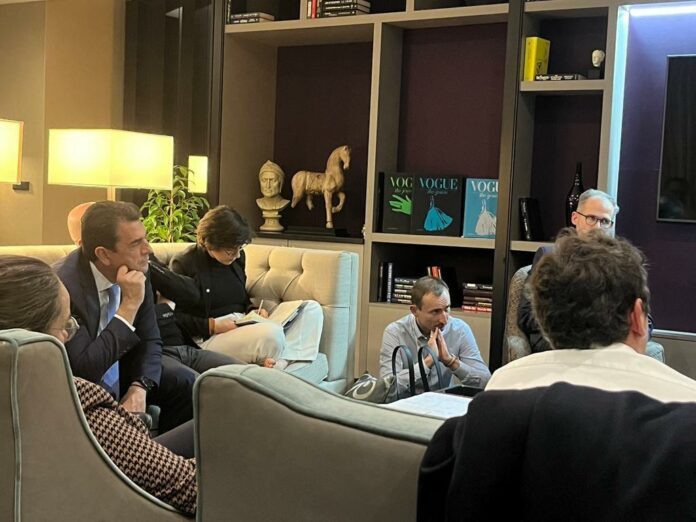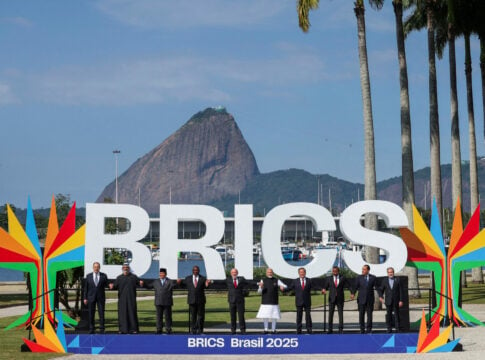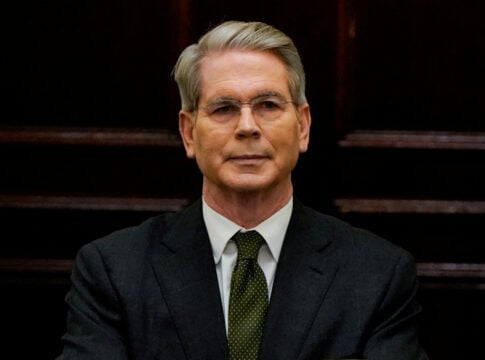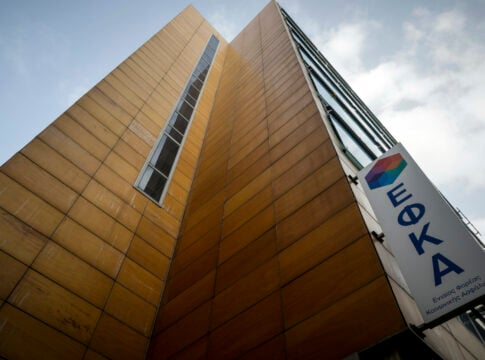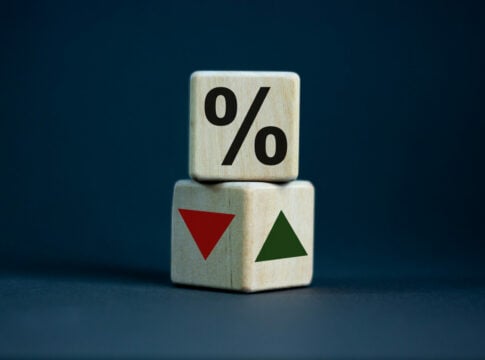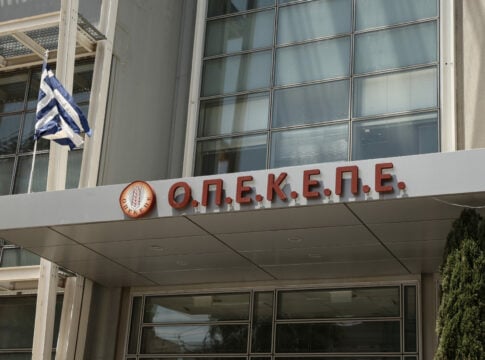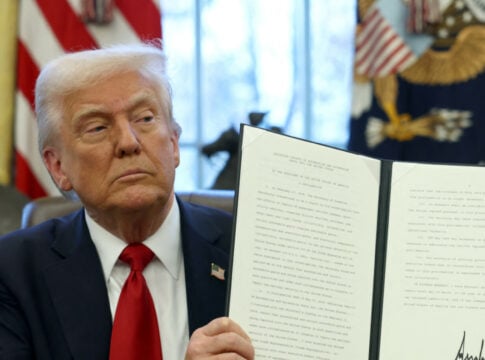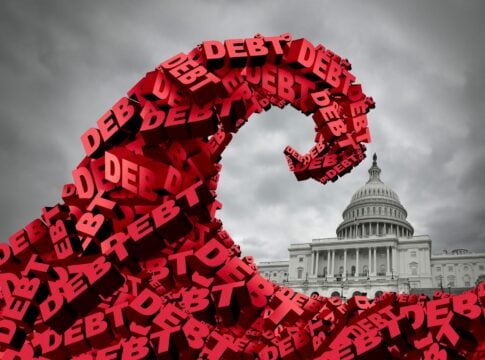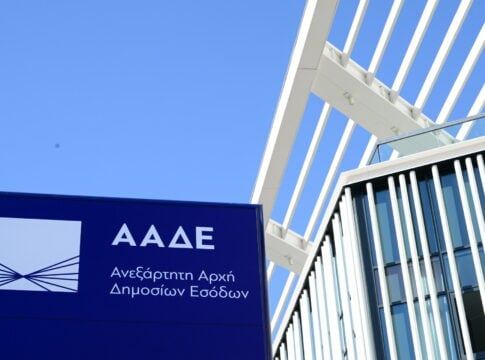Μετά από πολύωρες διαπραγματεύσεις μεταξύ των υπουργών Ενέργειας της Ελλάδας, της Ιταλίας, του Βελγίου, της Ολλανδίας και της Πολωνίας, εστάλη κοινή επιστολή προς την Ευρωπαϊκή Επιτροπή για την αντιμετώπιση των υψηλών τιμών φυσικού αερίου. Οι σχετικές συζητήσεις ξεκίνησαν το βράδυ της Τρίτης 11 Οκτωβρίου, κατά τη διάρκεια του άτυπου Συμβουλίου Ενέργειας, κι ολοκληρώθηκαν νωρίτερα, σε πνεύμα εποικοδομητικής συνεργασίας, σύμφωνα με το ΥΠΕΝ.
Τα δύο βασικά σημεία της επιστολής που βασίζονται στην πρόταση την οποία υπέβαλε ο Έλληνας Πρωθυπουργός, Κυριάκος Μητσοτάκης, τον Μάρτιο στην πρόεδρο της Ευρωπαϊκής Επιτροπής, Ούρσουλα Φον ντερ Λάιεν, είναι:
1. Η επιβολή ενός πλαφόν στην αγορά χονδρικής του φυσικού αερίου.
2. Μέσα από έναν ευρωπαϊκό Κανονισμό, να προσδιοριστεί ένας νέος δείκτης με τον οποίον θα συνδέεται η τιμή του φυσικού αερίου στα μακροχρόνια συμβόλαια.
Για το θέμα αυτό, ο υπουργός Περιβάλλοντος και Ενέργειας, Κώστας Σκρέκας, δήλωσε: «Η κοινή επιστολή που στείλαμε στην Ευρωπαϊκή Επιτροπή με τους άλλους τέσσερις ομολόγους μου αποτελεί ένα ουσιαστικό, θετικό βήμα στην προσπάθεια της Ευρώπης να αντιμετωπίσει από κοινού την ενεργειακή κρίση. Η πρόταση του Έλληνα Πρωθυπουργού, Κυριάκου Μητσοτάκη, που έχει κατατεθεί από τον Μάρτιο στην πρόεδρο της Κομισιόν, αποτέλεσε σημείο αναφοράς για την εξεύρεση αποτελεσματικής λύσης. Είμαι αισιόδοξος ότι οι τελικές αποφάσεις θα ληφθούν έγκαιρα, ώστε η Ενωμένη Ευρώπη να στηρίξει αποφασιστικά τους πολίτες της ενόψει του δύσκολου χειμώνα που έρχεται».
Στην επιστολή τους οι πέντε υπουργοί αναφέρουν:
Joint request to the European Commission
for a common approach on a set of measures to address high gas prices
In recent weeks we (Italy, Poland, Greece, the Netherlands, Belgium and other member states) held open and constructive discussions to address the issue of high gas prices. We started with different ideas and papers. We met in the margins of the Informal Energy Council in Prague on 12. October spirit of compromise and in the shared conviction that we need common ground to pave the way for a strong common European answer to the crisis.
We wanted to jointly express our appreciation for the Czech Presidency for his leadership in the recent meetings of TTE Council and in particular Minister Jozef Sikela for guiding the discussion on how to address the current energy crisis today. We would also like to thank the European Commission for their guidance, preparation and proposals so far in this very pressing crisis.
We now jointly present the following request to the European Commission.
First, we have identified a set of no regret measures aimed at addressing high gas prices and a preventive way forward. Key measures include:
- Leverage European market power through the a joint purchasing platform;
- Coordinating and optimizing filling trajectories for gas storages (e.g., using the platform);
- Coordinating and intensifying energy diplomacy on gas imports with all reliable partners;
- Developing a new LNG benchmark to reduce the impact of the TTF index on gas contracts;
- Need for enhanced efforts to reduce energy consumption, and
- Boosting and accelerating the deployment of renewable energies, particularly by removing regulatory barriers immediately.
Second, we seek a solution which allows the strongly interconnected TTF zone to rely on a well-functioning market to match supply and demand without rationing, while at the same time, addressing the spillover effect for the non-TTF-zone since long-term contracts are often pegged to TTF. As a result, we would like the Commission to explore the following options and to propose possible solutions.
Option 1 is to amend references to the TTF index in the relevant contracts through a legal and/or regulatory EU measure. Views diverged on the legal feasibility of such option and the potential side effects of bifurcated markets.
Option 2 is to apply a price cap/corridor to the wholesale market and to create a separate mechanism to match supply and demand if the price cap is hit (e.g., through over the counter transactions, tenders, separate marketplace). Views diverged on this option and whether such measure is possible and economically efficient or whether it might lead to rationing, arbitrage or subsidies.


